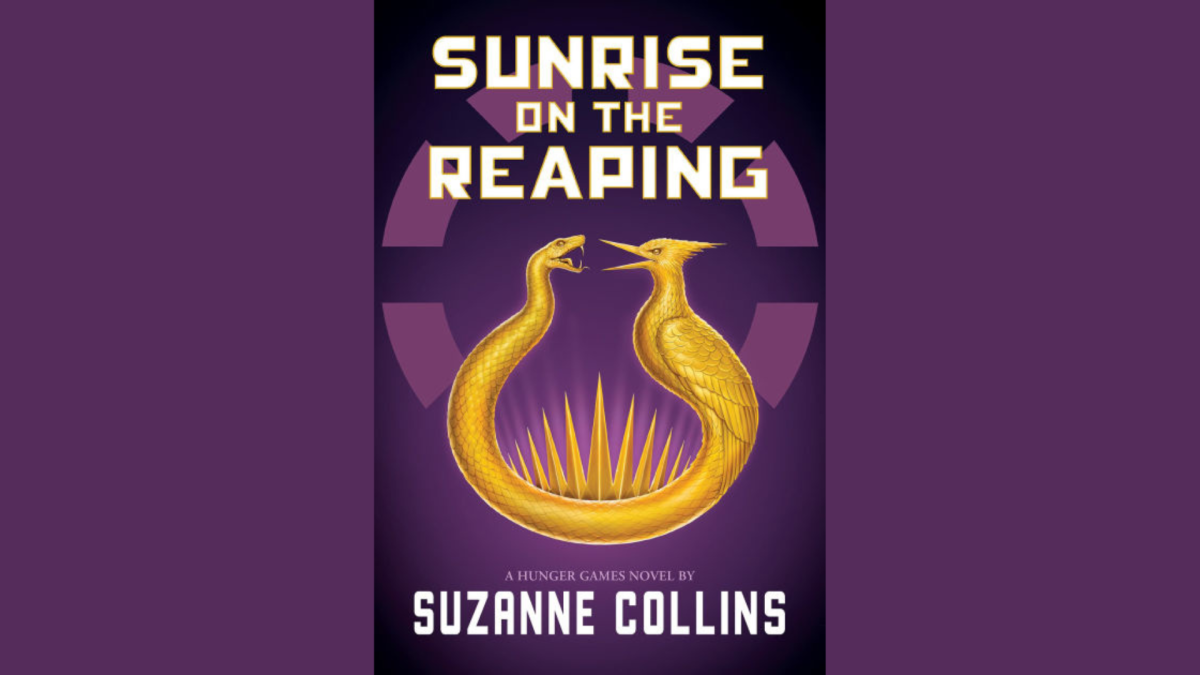A classic, rebooted
“Little Women” returns to the big screen
January 7, 2020
For more than a month I’d been counting down the days until the newest take on Louisa May Alcott’s classic book “Little Women” was released. So when the lights dimmed in the theater I grinned at my cousin in excitement. The film follows the ageless story of an offbeat family of four sisters and their mother in Civil War era America, exploring their relationships with one another and their childhood friend Laurie as they grow into the struggles of adulthood and reflect on their past. Each sister forges a distinctive path for themselves, from the wildly independent writer Jo (Saoirse Ronan) to soft-hearted Meg (Emma Watson), who marries a poor man and starts a family of her own.
As the film begins, watchers are immediately pulled into a whirlwind of little women. Their laughter and kind hearts are infectious and their struggles and woes are both entertaining and devastating. The March sisters seem to represent a wide variety of women, leaving viewers with a plethora of characters to identify with. Personally, I feel as though I identify with Jo, with her wildness and restlessness, her need to be something and not settle for what the rest of the world thinks she should be.
From the piles of girls on the floor to the costumed dramas performed in their attic, these characters set the scene for their own lives, and let their dreams and personalities shine through Jo’s intricate plays with the help of neighbor Laurie (Timothée Chalamet). But as the women grow into adulthood, they are pulled apart by differing dreams and discover that, unlike their simple childhoods, growing up entails more than ideals about dreams, ones that are not so easily achieved and will change.
The film cleverly depicts the period of confusion and self discovery going into adulthood that is an overused teen movie storyline, but does so in the refreshing scene of eighteen hundreds America. The March sisters seem to bridge the gap between the silenced women of previous time periods and the privileges women have now, especially Jo and Amy who each represent a different side of an age-old struggle for women’s rights.
As a whole, this latest movie adaption shocks, because it frustratingly ends in a style similar to “The Giver,” giving the reader a choice between which ending they prefer for Jo and her love interest, not to mention the lack of a linear storyline. The film dances through the story and then hops backwards or skips forwards, tying the story up in a bow and presenting something altogether different. As the film comes to a close director Greta Gerwig makes her most insightful adaption, blurring the lines between Alcott and her beloved character Jo March as Jo is depicted writing and publishing a book titled “Little Women” that follows the lives of herself and her family.
This newest adaption and its cleverness and sincerity astounded me, and though I shamefully admit I’ve never read the book, I have decided it’s no longer acceptable to have not. I left the movie theater feeling emotionally roused, due to Jo’s fierceness, Meg’s love, Amy’s worldview and Beth’s quiet resilience. All of the “Little Women” managed to make an impact on me, and I caught my fellow movie-goers crying and laughing at their comical moments, sisterly fights, and connecting with the contemporary feminism of the time that the March family women embody.






